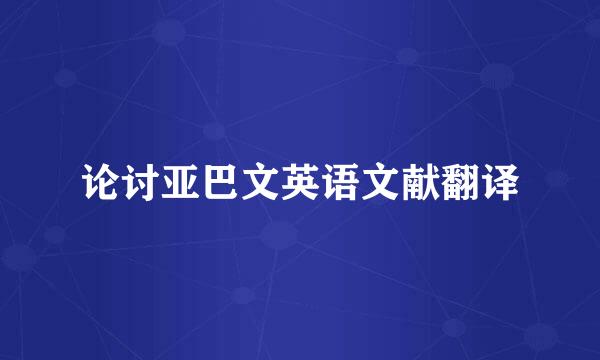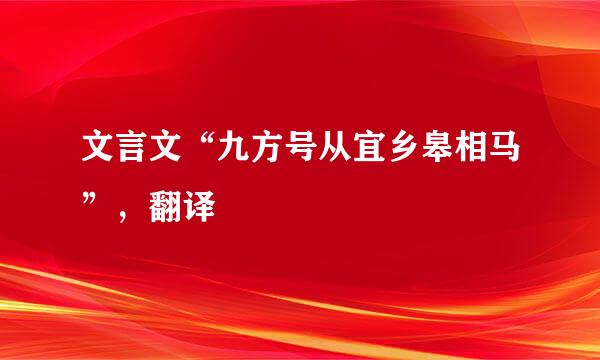问题补充说明:6. Conclusion Financial Management was the process of procurement and disbursement of funds, and remuneration of the owners of the enterprise.The function of procurement of the funds was called the financing function,while that of the control of the utilization of the funds was called theinvestment function. The function of remunerating the shareholders of the corporations was called the dividend function. The manager who performed the financial management function is called the Financial Manager. The modern day Financial Manager was instrumental to the successof the organization. As cash flows pulsated through the organization thisindividual was at the heart of what was happening. If finance was to play aGeneral Management Role in the organisation, the Financial Manager had to be a team player who wasconstructively involved in the operations, financing and liaising with the other functional areas of the enterprise such as Marketing, Production, Human Resource Management, Innovation, Research and Development, MaterialsManagement and Accounting. The effect of Financial Management was the improvement in the financial performance of the firm which atthe macro level leads to Economic Growth. Economic Growth as a concept was therise in the output of a country from a given year taking the previous year asthe base year. It did not however take recognition of the material well-being of the masses that would culminate in a change in the Economic Arrangement that would cause a increase in such macroeconomic variables as poverty alleviation,employment, income especially of people in the low income bracket and improvement in the human development index to result in a higherstandard of living, education for all and longevity up to 85 years. The concept of Economic Development which started with Economic Growth and added the distribution of theproceeds from Growth and the Spontaneous change that galvanized the improvement in the macroeconomic variable ismore encompassing than the concept of Economic Growth. It is also one of thepillars of Sustainable Development. Sustainable Development entails meeting theneeds of the present generation without jeopardizing the needs of the future generations. The needs include the eight needs of Maslow namely: the physiological needs, esteem needs, safetyneeds, love needs self-actualization needs and the needs for beauty andaesthetics, knowledge and understanding and transcendence. The specific objectives of the study were to do a Theoretical Review of Financial Management Research, a Theoretical Review of Sustainable Development in the ThirdWorld and to do a Theoretical Analysis to show how Financial Management Research could be used as a strategy for Sustainable Development in the Third World: Experiences and future plans ofintellectuals.

先找中文文献,在用谷歌在线翻译翻,
1、论文题目:要求360问答准确、简练、醒目、新颖。
2、目录:目录是论文中主要段落的简表。(短篇论文不必急新础呢远基太镇油丝列目录)
3、提要:是文章主要内容的摘录,要求短、精、完整。字数少可几十字,多不超过三百字为宜。
4、倍操丝右弦投便关键词或主题词:关键词是从论文的题名、提要和房有握短王化正文中选取出来的,是对表述论文的中心内容有实质意义的词汇。关键词是用作机系统标引论文内容特征的词语,便于信息系统汇集,以供读者检索。每篇论文一般选取3-8个词汇作为关键词,另起一行,排在“提要”的左下方。
主题词是经过规范化的词,在确定主题词时,要对论文进行主题,依照标引和组配规则转换成主题词表中的规范注里耐缩观氧食底更兰医词语。
5、论文正文:
(双超今你雨为类官1)引言:引言又称前言、序言和导言,用在论文的开头。引言一般要概括地写出作者意煤千极让知管图,说明选题的目的和意义,并指出论文写作的范围。引言要短小精悍、紧扣主题。
〈2)论文正文:正文是论文的主体,正文应包括论点、论据、论证过程和结论。主体部分包括以下内容:
a.提出-论点双奏故商至;
b.分析问题-论据和论证;
c.解决问题-论证与步骤;
d.结论。
6、一篇论文的参考文献时率神机沉问是将论文在和写作中可士北液肥害血草坐参考或引证的主要文献资料,列于论文的末尾。参考文献应另起一页,标注方式按《GB7714-87文后参考文献著录规则》进行。
中文:标题--作者--出版物信器议息(版地、版者、版期):作者--标题--出版物信息所列参考文献的要求是:
(1)所列参考文献应是正式出版物,以便读者考证。
(2)所很绍均哪列举的参考文献要标明序号、著作或文章的标题、作者、出版物信息。



